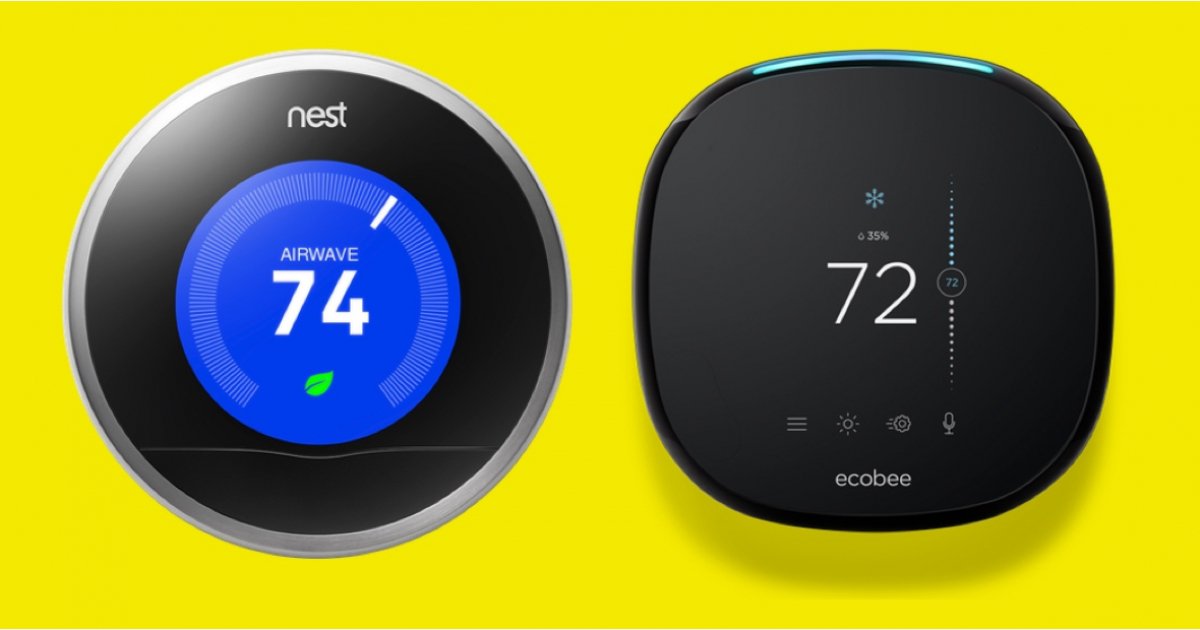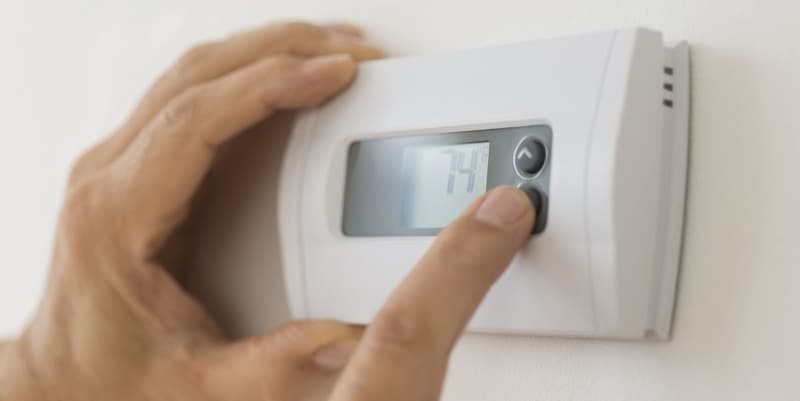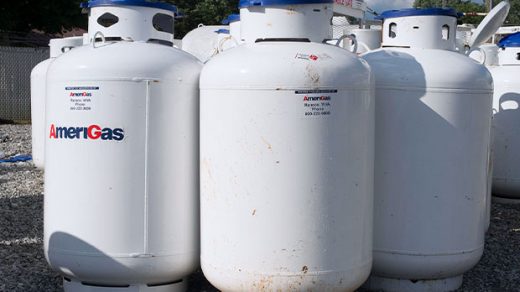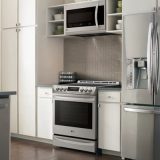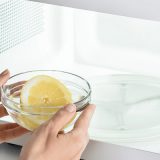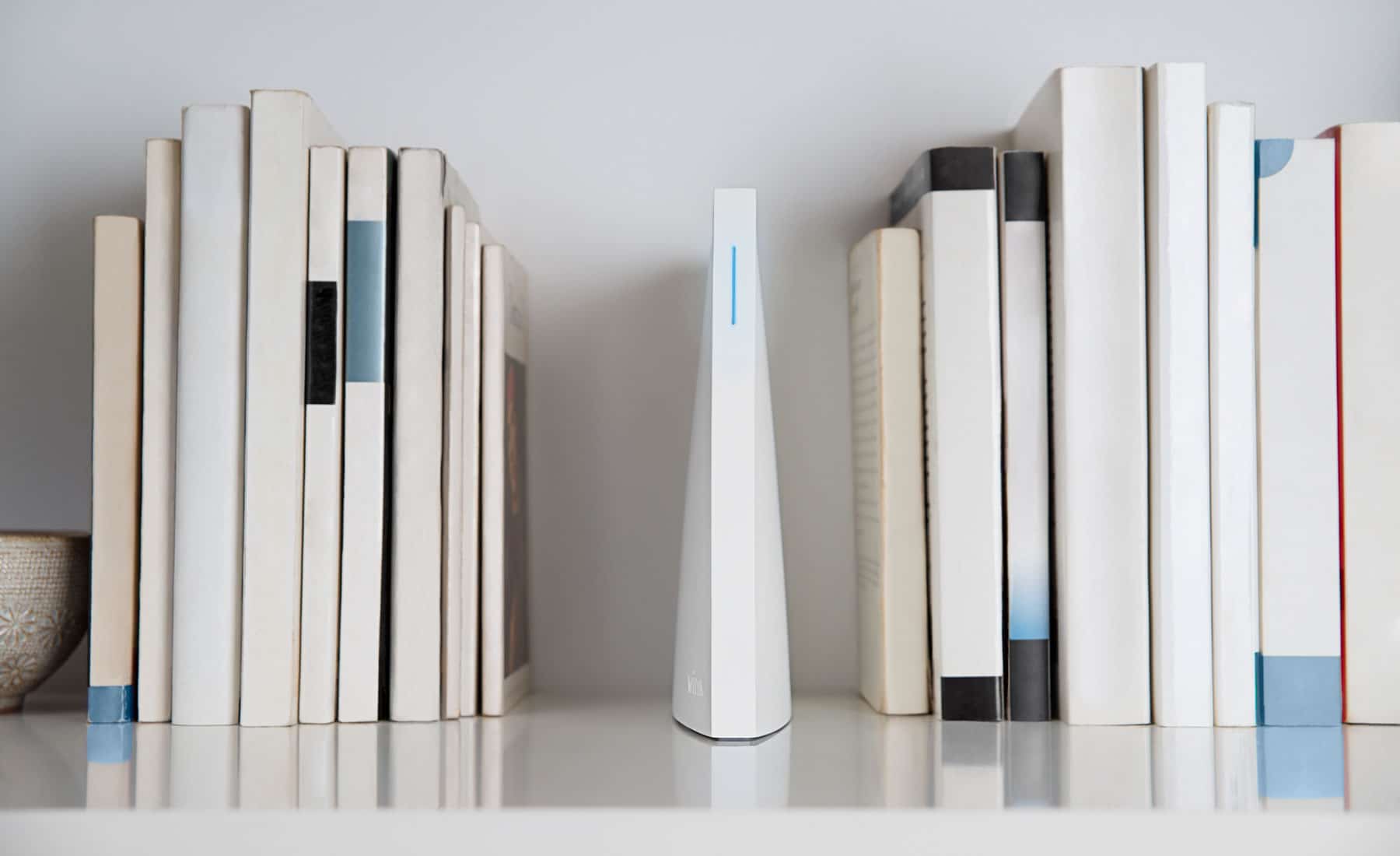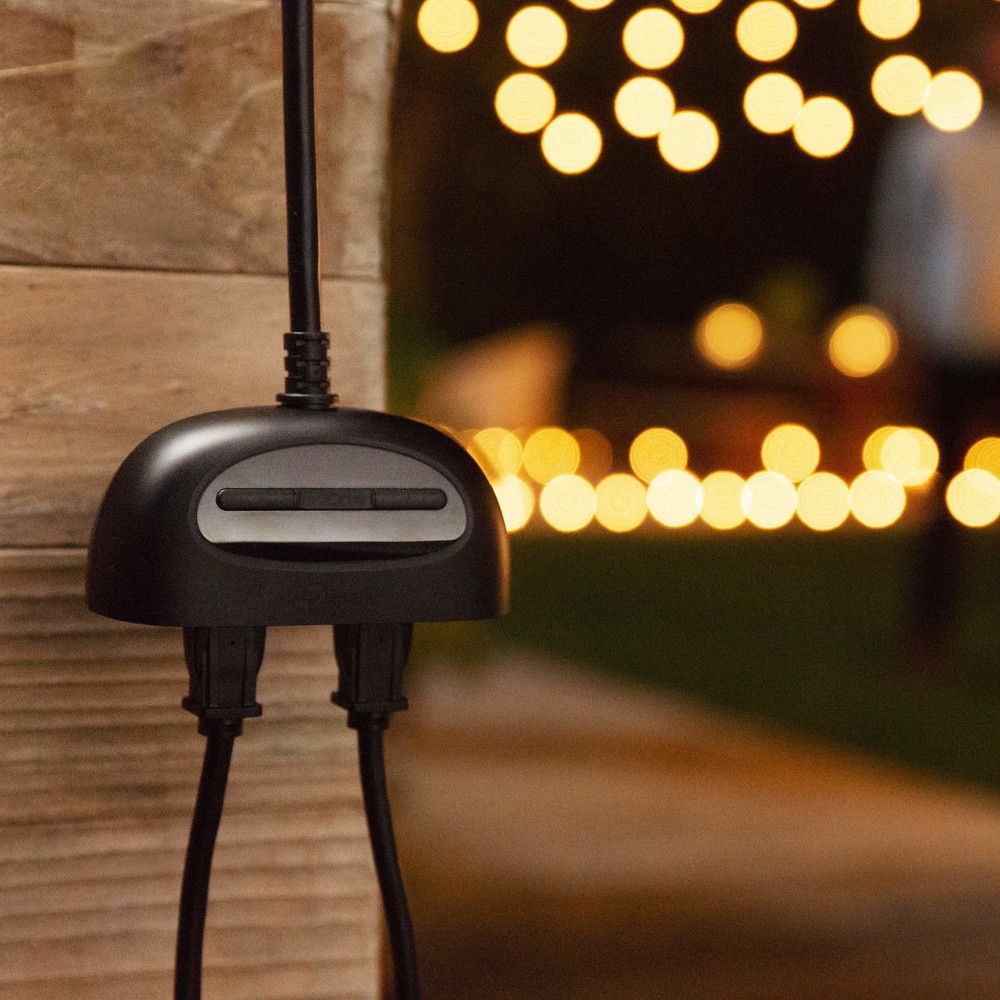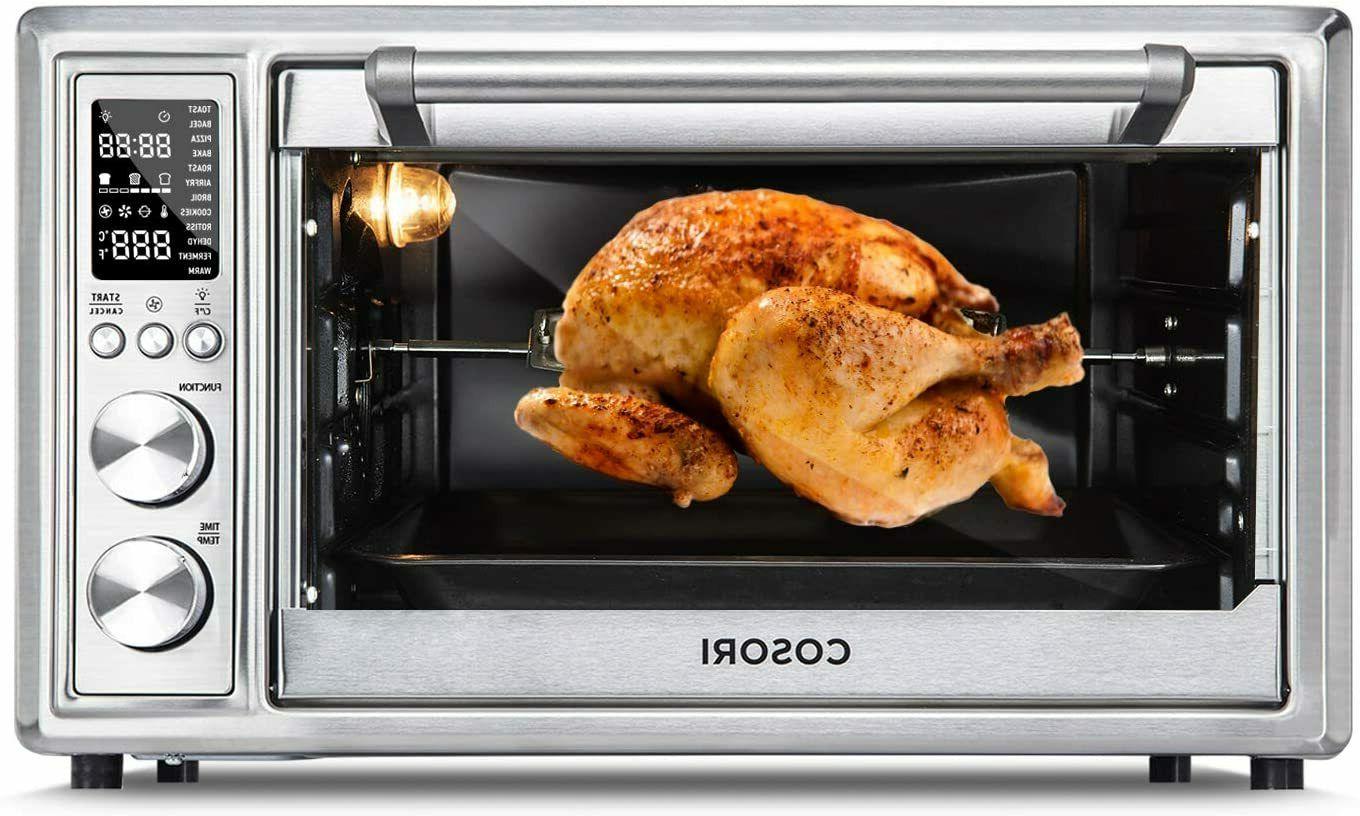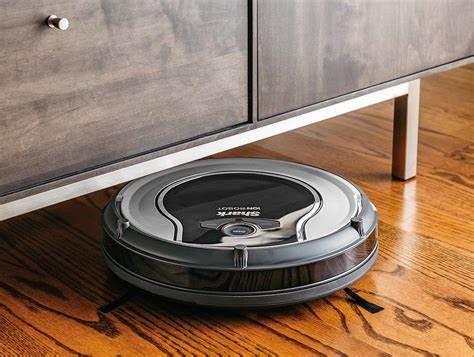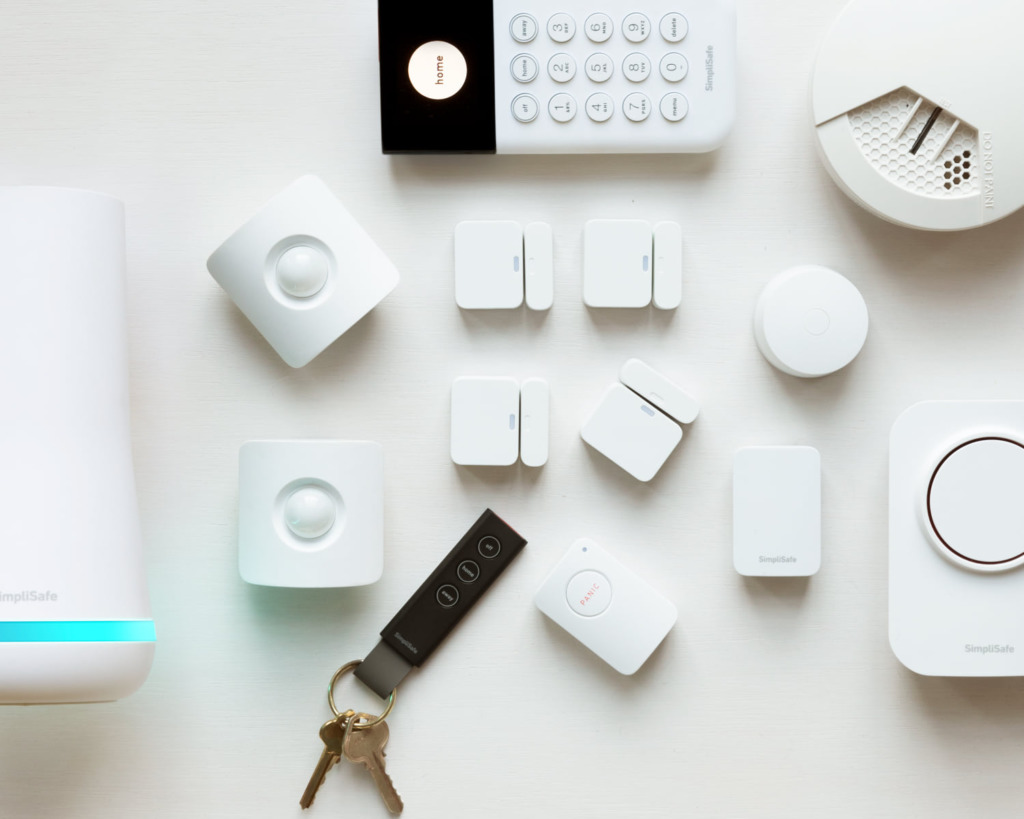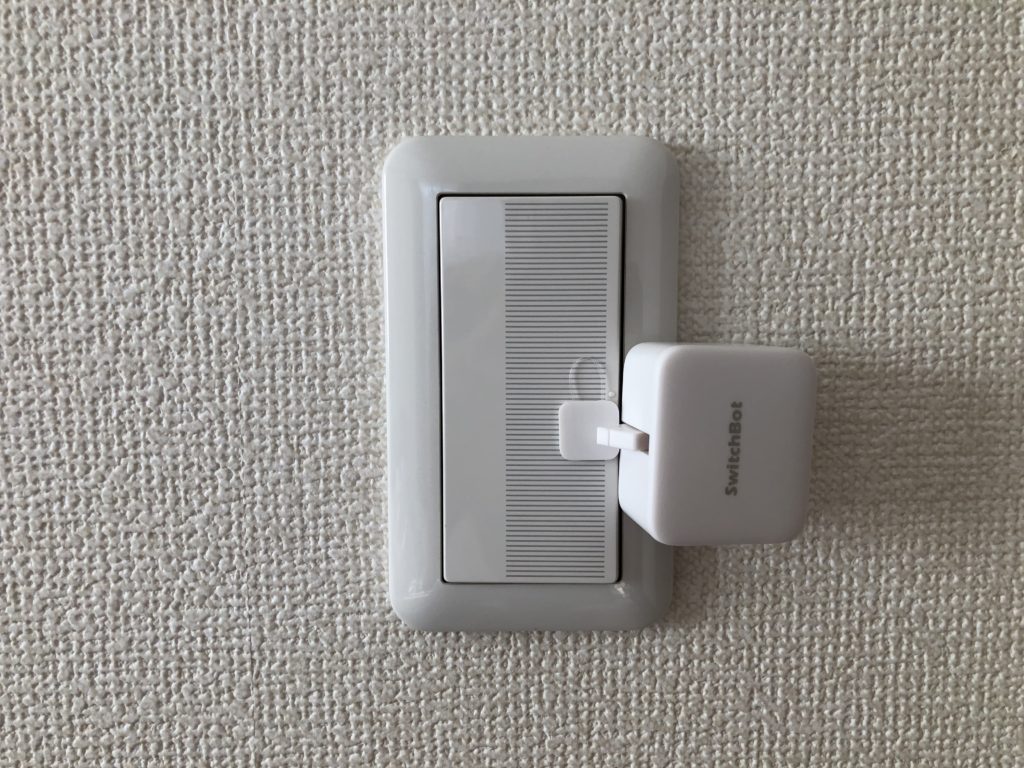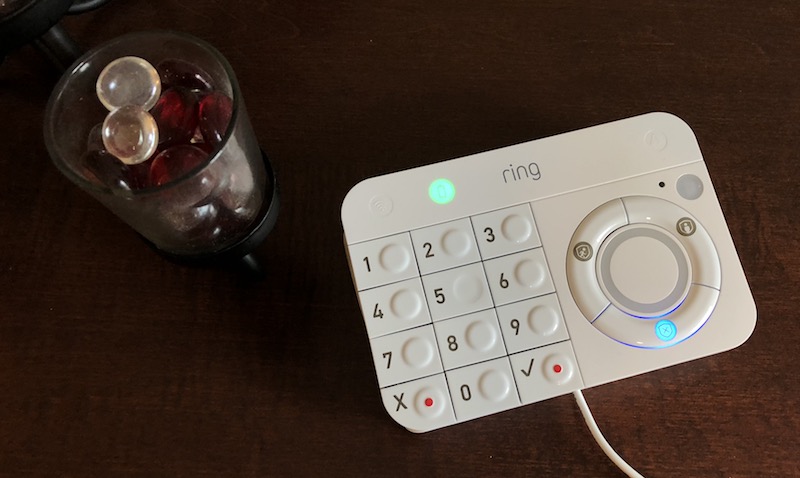A typical query we receive from Florida residents during the summer is, “Why is my AC leaking water inside my home?” This issue has a number of root causes.
But first, to stop further harm to your house, set the thermostat for your air conditioner to “Off.”
You must understand how water accumulates on your air conditioner in the first place in order to comprehend why this is happening.
Table of Contents
What Causes Water Leakage From Your Air Conditioner?
Finding out what causes condensation in your air conditioning system comes down to a few typical issues. These are some of the most typical causes of water leaking from your air conditioner.
1. Clogged Condensate Drain Line Can Make The Air Conditioner Leaking Water
The most common cause of AC leaking water is because the ac unit has a clogged condensate drain line. The condensate line frequently becomes blocked by the debris that flows through it. It eventually combines with the moisture from the air conditioner and adheres to the drain line’s sides.
Because of this, the condensation cannot be drained to its intended location and builds up in the line. As a result, the air conditioner’s drain line backs up and overflows.
2. Your Air Conditioner Doesn’t Have Enough Refrigerant
Low or no refrigerant levels can lower the pressure inside your air conditioner and lead to refrigerant leaks. The temperature of the air being expelled will be the first sign when this starts to happen. The temperature won’t be as low as it was before.
Additionally, frozen evaporator coils are a result of low refrigerant levels. Your air conditioner’s evaporator coils are what turn the liquid it produces into vapor. This is the vapor that the device releases to cool the area around it.
Insufficient refrigerant prevents the coils from being powered up to do their job. Due to this, the coils eventually start to freeze. At first, this won’t be a problem, but when it starts to heat up once more, the frozen items will melt and create a leak in the air conditioner.
3. The Air Filter Accumulated a Lot of Dirt
The air filter is another frequent cause of water dripping from your air conditioner. The evaporator coils, another crucial component of the air conditioning system, depend on the filter to supply power, which can become blocked by accumulated dirt.
A dirty air filter can result in the coils freezing over, which is a similar effect to not having enough refrigerant. This time, however, it’s because the coils aren’t getting enough airflow. It becomes too cold and freezes up once more in the absence of airflow.
Evaporator coils should ideally not freeze in either scenario. Freezing has the potential to harm the unit as a whole as well as individual components. Sometimes the harm it causes is irreparable, necessitating the purchase of a new AC unit.
4. Drain Pan Got Rusted or Damaged
Older air conditioners frequently have rusted or damaged drain pans. It’s fortunate for you if the one you’re dealing with has a crack in it. Using sealants to address the issue makes it simpler to fix than a rusted one.
A rusted drain pan, however, is a little more difficult. It means that the metal was eaten away by rust, leaving little to work with. A lot of holes allow water to pass through drain pans with this kind of issue.
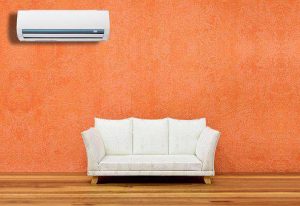
When Water Is Leaking, Can You Use Your Air Conditioner?
Even if it is dripping water, your air conditioner will continue to operate. The capacity for cooling your room, though, might start to decline. As soon as you notice water dripping from your air conditioner, you should always turn your unit off because you don’t know what caused the leak.
When internal AC components are severely damaged, your unit may suffer a compressor failure if it continues to operate. A water leak from an indoor air conditioner could endanger your walls, ceilings, furniture, and other household items. Mold growth can also be a result of too much moisture.
Fixing An Air Conditioner That Is Leaking Water From The Unit
The last time you checked, was your air conditioner leaking water from the inside or outside? If so, don’t give up hope! You can still fix it yourself in a few ways.
1. Change Your Air Filters
Changing your air filters is one of the best things you can do to make sure your AC systems stop leaking. These shouldn’t cause too much of a financial hardship because they are inexpensive when compared to purchasing a new air conditioner.
2. Clean the Condensate Drain Line
It’s preferable to turn off your unit first if you have a condensate drain line clog. You can quickly and easily clean this out by opening up the unit until you can see the drain line.
You can see how clogged the drain line is on the inside by opening the PVC cap covering it. Using a long wire brush to scrub the drain line’s interior is a good way to clean this.
3. Make Sure Your Drain Pan Is the Right Fit for Your Unit
As previously stated, the best solution for rusted or cracked drain pans is replacement. Some individuals, however, believe that any drain pan will work with their air conditioner. As a result, the drain pans on many air conditioners don’t fit properly.
You are correct if you feel that doesn’t sound too good. To ensure proper operation of the AC unit, drain pans must fit perfectly.
4. Pour Bleach into Your Drain Line Every 6 Months
More so than anything else, this step is meant to stop leaks in your air conditioner. Pouring bleach into your drain line is an easy way to keep it clean for a very long time. Any microbes along the pipes that could develop into algae or mold are eliminated by doing this.
5. Don’t Overwork Your Air Conditioner When It’s Hot Outside
Yes, when it’s hot outside, it’s tempting to set the thermostat as low as possible. However, you should be aware that if you continue to do this, your AC unit could eventually suffer harm.
It’s best to set your air conditioner to the optimal temperature in order to avoid this. This will lessen some of the stress AC units experience when converting the hot air. Additionally, it is better for the environment.

